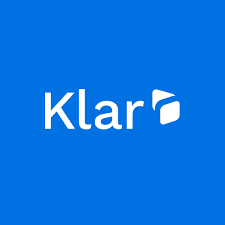A select number of companies in Denmark (amounting to 1 percent of the country’s total) are responsible for hiring close to two-thirds of the newly-arrived labour force from eastern Europe and other non-Western nations.
According to a new report from the Economic Council of the Labour Movement (ECLM), the vast majority of workers arriving from non-Western and EU-10 nations (Estonia, Latvia, Lithuania, Poland, Slovakia, Czech Republic, Hungary, Slovenia, Romania and Bulgaria) work for a select group of companies within the agriculture and service industries.
“The companies’ use of foreign labour from eastern Europe and non-Western nations varies across industries, but within all industries, there are a small number of companies who take a large portion of the labour force,” ECLM wrote.
READ MORE: Most new jobs in Denmark going to foreigners
Agriculture and service
The report (here in Danish) showed that 784 agriculture companies employed about 70 percent of all new labour from EU-10 and non-Western nations within the agriculture sector.
Similarly, just 1.3 percent of companies within business services – which includes cleaning jobs – accounted for 78 percent of all employment of newly-arrived workers from the same regions.
At the 1 percent of companies where most newly-arrived labour is taken on, 3.5 percent of all employees are newly-arrived labour, while at the other 99 percent of companies, 0.3 percent are newly-arrived labour.











